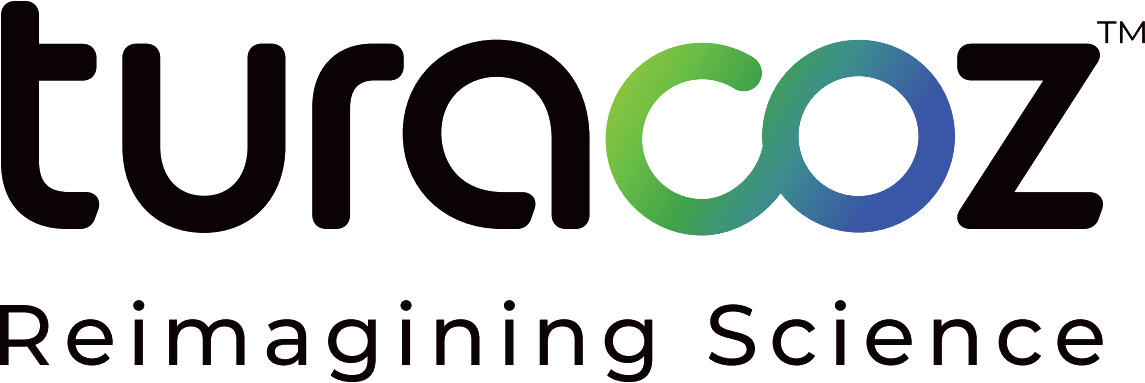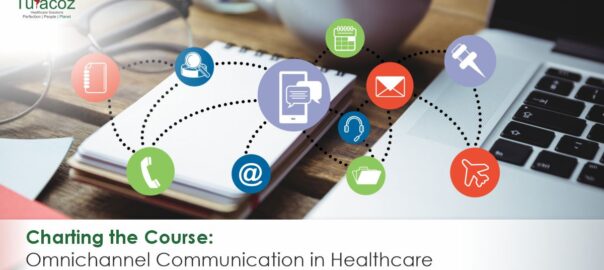The healthcare industry constantly evolves, with new treatments, technologies, and regulations emerging every year. As a medical writer, staying up-to-date on these changes and maintaining a solid understanding of the medical field is crucial. One way to do this is by earning a healthcare certification.
Online healthcare certifications have gained significant popularity in recent years. These certifications, covering a broad spectrum of topics in their respective fields, offer the convenience of being completed entirely online. This flexibility makes them an ideal choice for healthcare professionals and students with busy schedules. This blog post will explore some of the most sought-after online healthcare certifications and their potential benefits.
Certified Medical Writer (CMW)
The Certified Medical Writer (CMW) certification is offered by the American Medical Writers Association (AMWA), European Medical Writers Associations (EMWA), and renowned international organizations such as Havard and Stanford also offer excellent certification courses for medical writers. This certification is designed for medical writers who want to demonstrate their expertise in the field. To earn the CMW certification, candidates must have at least five years of experience in medical writing and pass a rigorous exam.
Earning the CMW certification can be highly beneficial for medical writers. It demonstrates to clients and employers that you have a strong understanding of medical writing best practices and its guidelines and are committed to maintaining this expertise. Additionally, CMW certification holders may be more likely to be hired for high-level medical writing positions.
Certified Professional in Healthcare Quality (CPHQ)
The National Association for Healthcare Quality (NAHQ) offers the Certified Professional in Healthcare Quality (CPHQ) certification. This certification is designed for professionals in healthcare quality management. To earn it, candidates must have at least two years of experience in healthcare quality management and pass an exam.
CPHQ certification is highly beneficial for healthcare professionals because it helps them understand healthcare quality management, which is crucial for creating accurate and effective medical writing. The CPHQ certification can help medical writers demonstrate this knowledge to clients and employers.
Certified Health Education Specialist (CHES)
The Certified Health Education Specialist (CHES) certification is offered by the National Commission for Health Education Credentialing (NCHEC). This certification is designed for professionals who work in health education and promotion. To earn the CHES certification, candidates must have at least a bachelor’s degree in health education or a related field and pass an exam.
CHES certification is advantageous for those who write about health-related topics. Familiarity with health education and promotion can assist medical writers in generating more captivating and impactful content that connects with their readers.
Click Here:- How to Write Medical Content That Ranks on Search Engines?
Certified Medical Illustrator (CMI)
The Certified Medical Illustrator (CMI) certification is offered by the Association of Medical Illustrators (AMI). This certification is designed for professionals who create medical illustrations and animations. To earn the CMI certification, candidates must have at least a bachelor’s degree in medical illustration or a related field and pass an exam.
CMI certification is highly beneficial for those who work with medical illustrators. Understanding the process of creating medical illustrations and animations can help medical writers create more accurate and engaging content that complements the visuals.
Other certified courses:
Medical Coding and Billing Certification
Medical coders and billers ensure that healthcare services are accurately documented and billed. Online certification programs are available in this field, providing learners with knowledge of medical coding systems such as ICD-10 and CPT and healthcare reimbursement methodologies. Gaining proficiency in medical coding and billing offers numerous employment opportunities in various settings, such as hospitals, clinics, insurance companies, and medical billing firms.
Healthcare IT Certifications
As healthcare services continue to incorporate technology, there is a growing demand for experts in healthcare IT. Online certifications in healthcare informatics, electronic health records (EHR), and health information management (HIM) can help individuals prepare for the intersection of healthcare and technology. These certifications cover EHR implementation, data analytics, interoperability, and cybersecurity.
How do you choose the right certification program?
When considering which certification program to pursue, it’s essential to consider various factors to ensure you make the right choice for your career advancement. Here are vital considerations to keep in mind:
- Accreditation: Start by verifying that reputable accrediting bodies or institutions accredit the certification program. Accreditation assures that the program maintains high standards of quality and rigor, enhancing the credibility and recognition of your certification.
- Curriculum: Evaluate the curriculum to ensure it aligns with your career goals and interests. Look for programs that cover relevant topics and offer practical, hands-on learning experiences. A well-designed curriculum will equip you with the knowledge and skills necessary to excel in your chosen field.
- Instructor Expertise: Research the qualifications and experience of the instructors or faculty members involved in delivering the program. Experienced instructors bring valuable insights and real-world expertise to the learning process, enriching your educational experience and providing mentorship as you progress in your studies.
- Career Opportunities: Consider the career pathways and opportunities available upon completing the certification. Look for programs with a proven track record of successful placement or career advancement for graduates. Investigate the types of roles and industries that value the certification and assess how it aligns with your long-term career goals.
- Reviews and Testimonials: Seek out reviews and testimonials from past students to gain insight into the program’s effectiveness, student satisfaction, and overall reputation. Hearing firsthand accounts from individuals who have completed the certification can provide valuable perspective and help you make an informed decision.
By carefully considering these factors, you can select a certification program that meets your educational needs and positions you for success in your chosen field. Investing time and effort into researching and evaluating your options will pay off through enhanced skills, career opportunities, and professional advancement.
In conclusion, investing in your professional development as a medical writer through healthcare certifications can be a transformative step. These certifications demonstrate your expertise in specific healthcare topics and help you stand out to clients and employers. More importantly, they equip you with valuable knowledge and skills that can be applied to your medical writing projects. With many online healthcare certifications available, now is the perfect time to embark on this career growth and advancement journey.
For those interested in taking their first steps into medical writing or enhancing their expertise to meet the challenges of omnichannel communication in healthcare, we invite you to explore the opportunities available through our training programs. Contact us at [email protected] to learn how you can join the ranks of medical writers making a significant impact in healthcare communication. Together, let’s shape a future where accurate, accessible, and actionable health information reaches every corner of the globe, empowering individuals and transforming healthcare outcomes.
Below are some links that can help you assess specific courses:
- Certified Medical Writer (CMW):
- American Medical Writers Association (AMWA)
- Certificate Program in Effective Writing for Health Care
- Writing in the Sciences by Stanford School of Medicine
- Certified Professional in Healthcare Quality (CPHQ):
- Certified Health Education Specialist (CHES):
- Certified Medical Illustrator (CMI):





